Wordplay hides a key to reality that the dictionary tries in vain to lock inside every free word

Wordplay hides a key to reality that the dictionary tries in vain to lock inside every free word
Julio Cortazar, the renowned Argentine writer, was a master of wordplay and manipulation of language in his works. His unique style of writing often blurred the lines between reality and fiction, leaving readers questioning the nature of truth and perception. In his stories, wordplay was not just a literary device, but a key to unlocking deeper meanings and hidden truths.Cortazar believed that language was a powerful tool that could shape our understanding of the world around us. He often used wordplay to challenge conventional notions of reality and to explore the boundaries of human perception. In his famous short story "Blow-Up," for example, Cortazar plays with the idea of reality and illusion, using a photograph as a metaphor for the fragmented nature of truth.
The quote "Wordplay hides a key to reality that the dictionary tries in vain to lock inside every free word" encapsulates Cortazar's belief that language is a fluid and ever-changing entity that cannot be contained by rigid definitions. The dictionary, with its fixed meanings and rules, is unable to capture the full complexity of language and the myriad ways in which words can be used and interpreted.
For Cortazar, wordplay was a way to break free from the constraints of traditional storytelling and to open up new possibilities for understanding the world. By manipulating language and playing with words, he was able to create a sense of ambiguity and mystery in his works, inviting readers to question their assumptions and explore different perspectives.
In his novel "Hopscotch," Cortazar famously employed a non-linear narrative structure that allowed readers to choose their own path through the story, reflecting his belief that reality is not fixed but subjective and open to interpretation. Through wordplay and experimentation with language, Cortazar sought to challenge the boundaries of conventional storytelling and to push the limits of what literature could achieve.
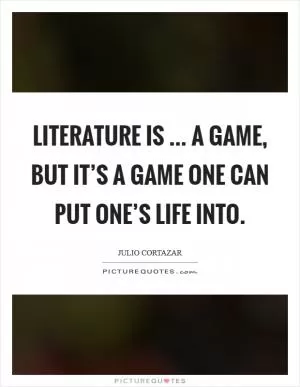
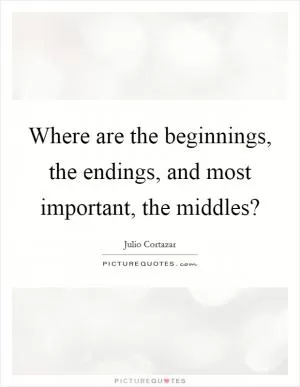
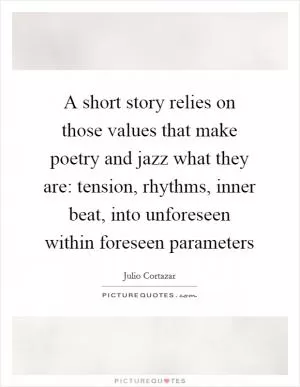
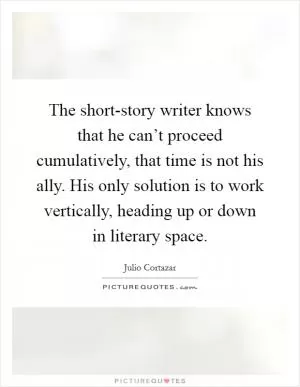
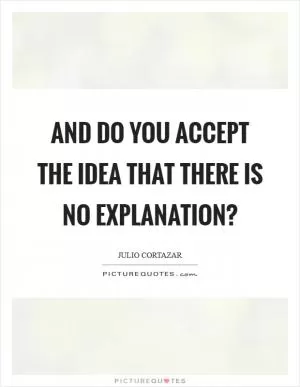
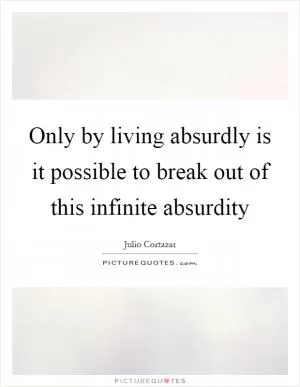
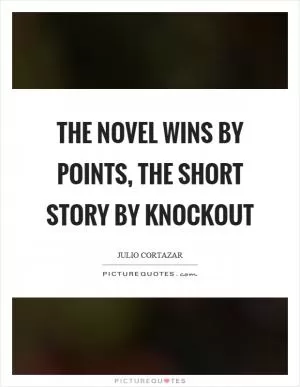
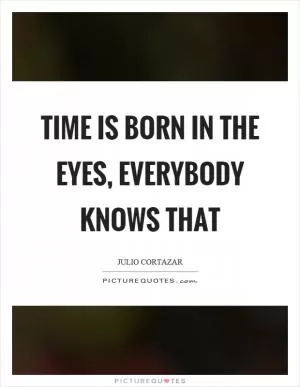
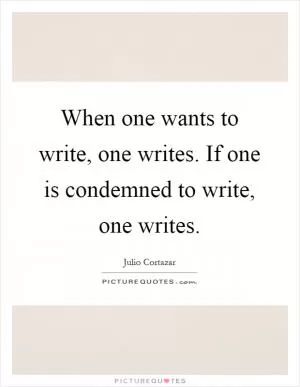
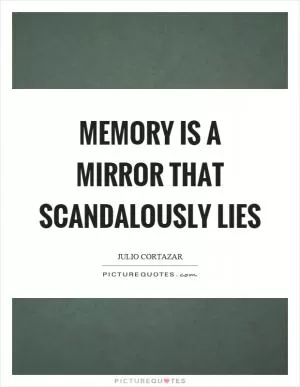
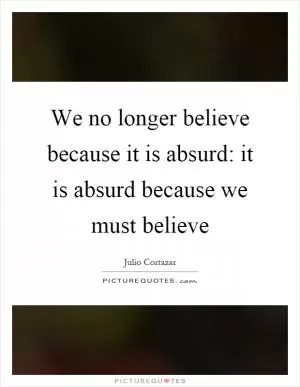
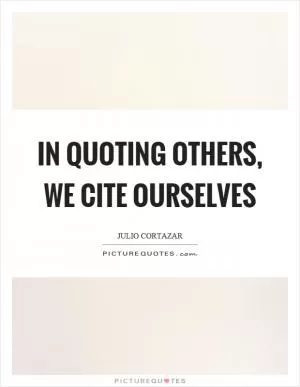
 Friendship Quotes
Friendship Quotes Love Quotes
Love Quotes Life Quotes
Life Quotes Funny Quotes
Funny Quotes Motivational Quotes
Motivational Quotes Inspirational Quotes
Inspirational Quotes